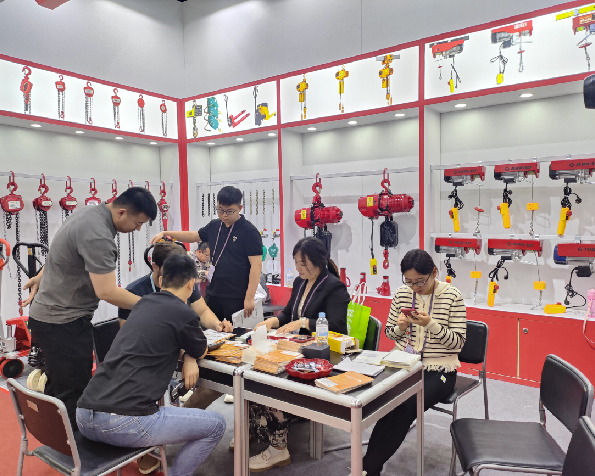


The Advantages of Lightweight Pallet Trucks in Modern Warehousing
In the constantly evolving world of logistics and warehousing, efficiency and flexibility are paramount. One of the most significant innovations that has emerged to meet these demands is the lightweight pallet truck. These innovative tools are transforming the way goods are transported within warehouses, distribution centers, and retail environments.
Lightweight pallet trucks, often made from advanced materials such as aluminum or high-grade composite plastics, offer several advantages over their traditional counterparts. One of the most notable benefits is their reduced weight, which makes them easier to maneuver. Employees can operate these trucks with less physical strain, reducing the risk of workplace injuries. In environments where workers are on their feet for long hours, lightweight equipment can alleviate fatigue, leading to improved productivity and morale.
Another significant advantage lies in the enhanced maneuverability of lightweight pallet trucks. Their design allows for easier navigation in tight spaces, which is crucial in warehouses where aisles can be narrow. Operators can effortlessly steer these trucks around corners and through congested areas, ensuring that goods are moved efficiently. This agility not only speeds up the process of transporting items but also minimizes the risk of accidents, making the entire operation safer.
Additionally, the use of lightweight materials in the construction of these pallet trucks leads to improved fuel efficiency when used in electric or powered versions. Lighter trucks require less energy to operate, translating into lower operational costs. For businesses looking to optimize their logistics and reduce expenses, investing in lightweight pallet trucks can result in significant savings over time.

Moreover, lightweight pallet trucks are often designed with ergonomic features that enhance user comfort and efficiency. Many models come equipped with adjustable handles, allowing operators to customize their grip. This gives them better control and reduces the strain on their wrists and arms. Features such as quick-release levers and intuitive controls further enhance usability, making these trucks accessible to workers of all skill levels.
In terms of maintenance, lightweight pallet trucks typically require less upkeep than heavier models. Due to their advanced materials and streamlined designs, they are less prone to corrosion and damage. This longevity can lead to a better return on investment, as businesses spend less on replacements and repairs over time.
As companies increasingly prioritize sustainability, lightweight pallet trucks also contribute to greener operations. Many are designed with recyclable materials, and their efficiency helps reduce the carbon footprint associated with transportation logistics. By choosing lightweight options, businesses can align themselves with eco-friendly practices, appealing to environmentally conscious consumers.
In conclusion, lightweight pallet trucks represent a forward-thinking solution for modern warehousing challenges. Their reduced weight, enhanced maneuverability, ergonomic designs, and lower operational costs make them an attractive choice for businesses aiming to boost efficiency and ensure worker safety. As the logistics industry continues to innovate, embracing the benefits of lightweight pallet trucks will undoubtedly play a crucial role in shaping the future of material handling. Investing in such technology not only aids in achieving operational goals but also sets the stage for sustainable growth in an increasingly competitive marketplace.



